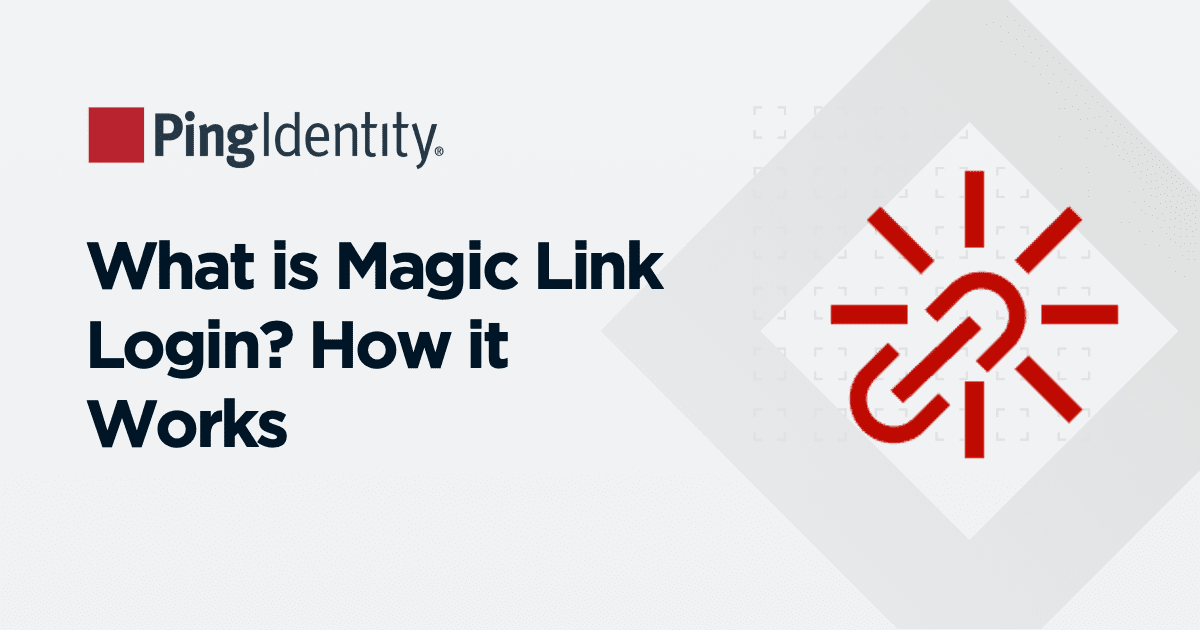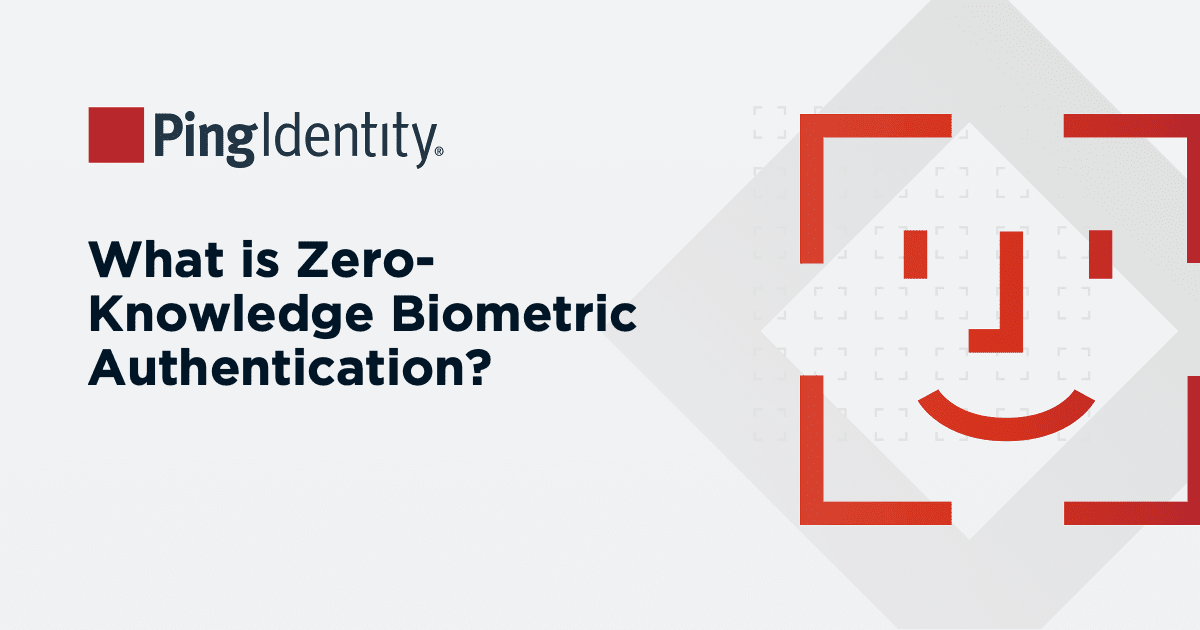As cyberattacks on the healthcare industry reach unprecedented levels, healthcare data security has become a critical focus for providers, payers, and regulators. Recent developments, such as New York's Healthcare Cybersecurity Mandate and proposed federal legislation, highlight the urgency to bolster defenses against cyber threats and digital security risks with the digitization of patient records and personal data. At the heart of this transformation is digital identity, which serves as a foundational pillar of modern healthcare data protection.
Navigating Healthcare Data Security Needs in 2025
Healthcare Security Crisis: A Sector Under Siege
In 2024, 92% of healthcare organizations reported experiencing at least one cyberattack, making it one of the most targeted industries globally.1 The statistics are staggering:
Ransomware attacks in healthcare have increased by 300% since 2015, disrupting patient care and compromising sensitive health data.2
The average cost of a healthcare data breach now stands at $9.77 million, nearly double that of other industries.3
Over 20% of healthcare organizations report increased patient mortality rates following cyberattacks.4
Cyberattacks not only expose sensitive protected health information (PHI), but also disrupt critical services, delaying care and eroding patient trust and negatively impacting their data privacy.
Prevent data breaches and maintain seamless patient care.
Evolving Regulatory Environment in Healthcare
In response to these threats, regulators are introducing comprehensive measures to safeguard healthcare data, including electronic health records and sensitive information. Here are proposed and enacted regulations and guidelines healthcare providers, payers, and others should keep an eye on in 2025 and beyond:
- New York's Healthcare Cybersecurity Mandate, which was recently enacted, may serve as a canary in the coal mine for future national and state-level healthcare data security regulations.
The mandate specifically states - “Each hospital shall use multi-factor authentication (MFA), risk-based authentication, or other compensating control to protect against unauthorized access to nonpublic information or information systems.”5
Other key provisions include:
- 72-hour incident reporting to ensure prompt response and accountability.
- Mandatory Chief Information Security Officer (CISO) roles to centralize cybersecurity oversight.
- Annual risk assessments to mitigate vulnerabilities.
- The Health Infrastructure Security and Accountability Act (HISAA) is a proposed federal legislative initiative aimed at strengthening cybersecurity across the U.S. healthcare sector.
- The act focuses on addressing the escalating threats of cyberattacks, particularly ransomware, malware, and data breaches, by establishing stricter security requirements for healthcare organizations.
- Key provisions emphasize the implementation of MFA, data encryption, and other digital capabilities to enhance healthcare cybersecurity and protect sensitive health information.
- Additional requirements include enhanced enforcement of compliance with federal cybersecurity performance goals and the development of standardized best practices.
- The Cybersecurity and Infrastructure Security Agency (CISA) which provides comprehensive guidance to enhance cybersecurity within the healthcare sector, emphasizing the critical role of digital identity in protecting sensitive information.
- CISA advises healthcare organizations to establish robust identity and access management (IAM) practices to ensure only authorized personnel have access to sensitive systems and data, including strict access controls and regularly reviewing user permissions.
- To combat sophisticated phishing attacks, CISA recommends deploying MFA solutions that are resistant to phishing attempts. This adds an extra layer of security by requiring multiple forms of verification before granting access.
Failure to comply with these mandates and recommendations poses significant risks, including financial penalties, a loss of patient privacy, reputational damage, and disruptions to care. Furthermore, organizations that delay modernizing their security infrastructure risk falling out of compliance and leaving their patients’ data and care vulnerable.
Digital Identity is the Cornerstone of Healthcare Data Security
To meet evolving regulations for healthcare data security, and with cyber threats and hackers increasingly targeting identity vulnerabilities, robust digital IAM capabilities are essential. Digital identity allows healthcare organizations to:
1. Address Identity-Driven Threats
Healthcare breaches frequently exploit weak identity systems. Attackers use tactics like phishing, password spraying, and insider threats to access critical systems. Some key insights to consider include:
Insider threats are the second-most common cause of healthcare breaches, accounting for 57% of cases with worse patient outcomes.6
Nearly 60% of a healthcare organization’s systems are compromised during a typical attack.7
By implementing centralized identity governance and advanced authentication protocols, healthcare organizations can significantly reduce these risks.
2. Drive Regulatory Compliance
Digital identity systems align with regulatory requirements by:
Implementing robust identity verification measures, including MFA or other capabilities, to protect access to PHI and comply with HIPAA and some state mandates.
Supporting dynamic authorization, ensuring that only authorized users access critical systems and sensitive data.
Streamlining audit trails and reporting, reducing the operational burden of regulatory compliance.
3. Enhance Patient and Workforce Security
Secure identity processes improve experiences for workers, such as patients and clinicians, while simultaneously safeguarding critical information. For example:
Single sign-on (SSO) minimizes login disruptions, saving employees valuable time while increasing login security.
Secure portals enhance patient and member trust by incorporating adaptive authentication, fine-grained access controls, dynamic authorization, and self-service identity management options that allow users to securely manage data on behalf of a dependent, such as a child.
Modern IAM Strengthens Healthcare Data Security
By offering solutions designed to address the industry's unique challenges and stop security incidents, digital identity providers serve as a trusted partner for healthcare organizations. The following are some key ways that’s done:
1. Proactively Protecting Healthcare Information
Modern IAM platforms offer artificial intelligence (AI)-driven fraud detection, advanced access controls and passwordless authentication, significantly reducing risks associated with compromised credentials. These capabilities are critical as healthcare security breaches increasingly target login credentials and legacy systems.
2. Enabling Interoperability Without Compromising Security
Advanced IAM future-proofs healthcare by enabling interoperability through support for open standards like FIDO2 and seamless integration with hybrid IT, such as EHR systems. This ensures secure and efficient data sharing across organizations, empowering healthcare providers to collaborate without compromising patient privacy or system integrity. By facilitating streamlined, cross-organization access, IAM strengthens healthcare ecosystems, drives innovation, and enhances the delivery of coordinated, high-quality care.
3. Streamlining Compliance Efforts
Centralized governance tools simplify compliance with regulatory frameworks such as the HIPAA privacy rule and HITECH. With comprehensive audit trails and customizable access policies, organizations can stay ahead of regulatory changes.
4. Empowering Healthcare Professionals and Consumers
Modern IAM also empowers healthcare workers, patients, and members by streamlining secure access to critical systems, and by enabling healthcare professionals to deliver care efficiently while minimizing operational disruptions during incidents. Secure portals and digital health IDs provide patients and members with seamless and protected access to their health information, fostering trust and engagement. By ensuring fast, reliable, and secure access for employees, partners, and consumers, IAM enhances care delivery, improves consumer experiences, and strengthens confidence in healthcare organizations' digital systems.
By offering solutions designed to address the industry's unique challenges and stop security incidents, digital identity providers serve as a trusted partner for healthcare organizations. The following are some key ways that’s done:
Proactively Protecting Healthcare Information
Modern IAM platforms offer artificial intelligence (AI)-driven fraud detection, advanced access controls and passwordless authentication, significantly reducing risks associated with compromised credentials. These capabilities are critical as healthcare security breaches increasingly target login credentials and legacy systems.
Enabling Interoperability Without Compromising Security
Advanced IAM future-proofs healthcare by enabling interoperability through support for open standards like FIDO2 and seamless integration with hybrid IT, such as EHR systems. This ensures secure and efficient data sharing across organizations, empowering healthcare providers to collaborate without compromising patient privacy or system integrity. By facilitating streamlined, cross-organization access, IAM strengthens healthcare ecosystems, drives innovation, and enhances the delivery of coordinated, high-quality care.
Streamlining Compliance Efforts
Centralized governance tools simplify compliance with regulatory frameworks such as the HIPAA privacy rule and HITECH. With comprehensive audit trails and customizable access policies, organizations can stay ahead of regulatory changes.
Empowering Healthcare Professionals and Consumers
Modern IAM also empowers healthcare workers, patients, and members by streamlining secure access to critical systems, and by enabling healthcare professionals to deliver care efficiently while minimizing operational disruptions during incidents. Secure portals and digital health IDs provide patients and members with seamless and protected access to their health information, fostering trust and engagement. By ensuring fast, reliable, and secure access for employees, partners, and consumers, IAM enhances care delivery, improves consumer experiences, and strengthens confidence in healthcare organizations' digital systems.
Building Resilience Through Collaborative Cybersecurity
The journey toward robust healthcare data security must be guided by Zero Trust security standards—an approach that verifies every user, device, and interaction before granting access to healthcare portals, apps, and other online services. A modern IAM platform enables this by:
Continuously evaluating user behavior to detect anomalies and protect medical information.
Providing advanced threat protection to thwart identity fraud without sacrificing the user experience.
Eliminating passwords through advanced biometric and token-based authentication.
Collaboration with trusted vendors is essential to achieve Zero Trust and stay ahead of emerging threats. Strategic security solutions ensure healthcare organizations benefit from the latest innovations in IAM and cybersecurity.
By combining expertise and technology, healthcare organizations can build a resilient, future-ready security infrastructure that protects sensitive data, fosters patient trust, and ensures uninterrupted care delivery.
A Mandate for Modern Healthcare
As healthcare organizations prepare for 2025, investing in data security is no longer optional—it is a critical business imperative. By adopting advanced IAM capabilities that help your organization align with evolving regulations, healthcare leaders can protect sensitive healthcare data, ensure compliance, and maintain operational resilience.
Prevent data breaches and maintain seamless patient care.
Start Today
Contact Sales
See how Ping can help you deliver secure employee, partner, and customer experiences in a rapidly evolving digital world.


